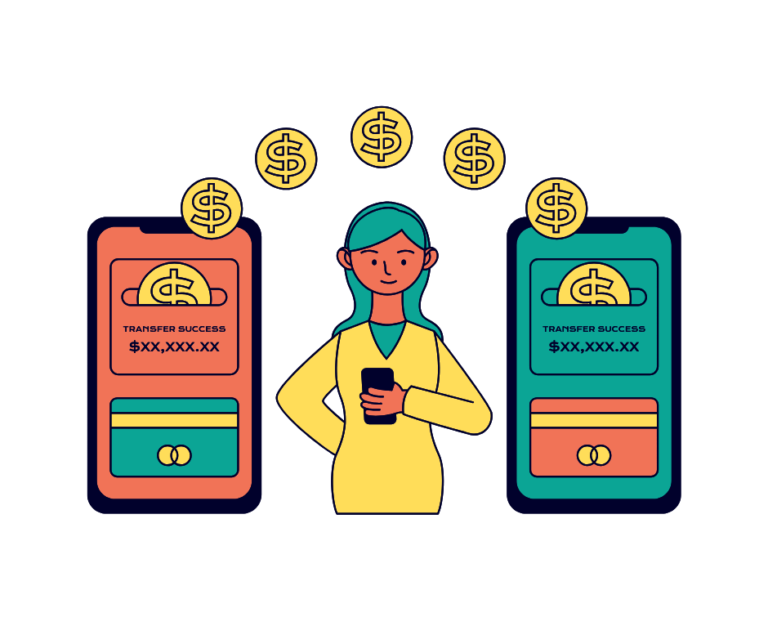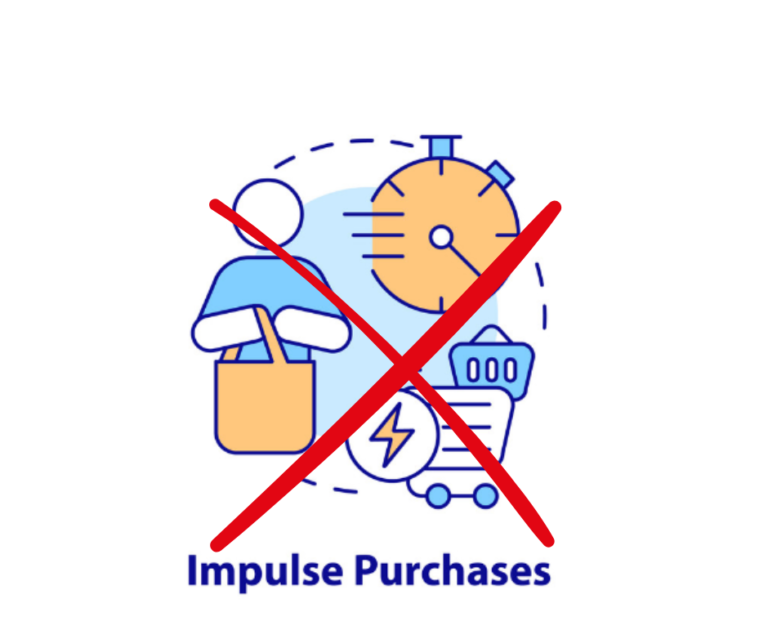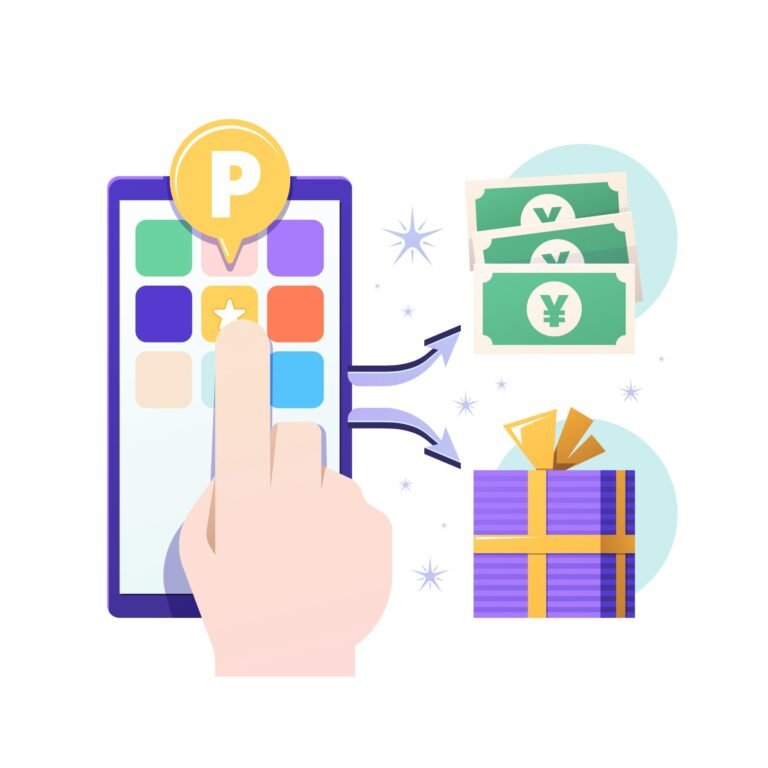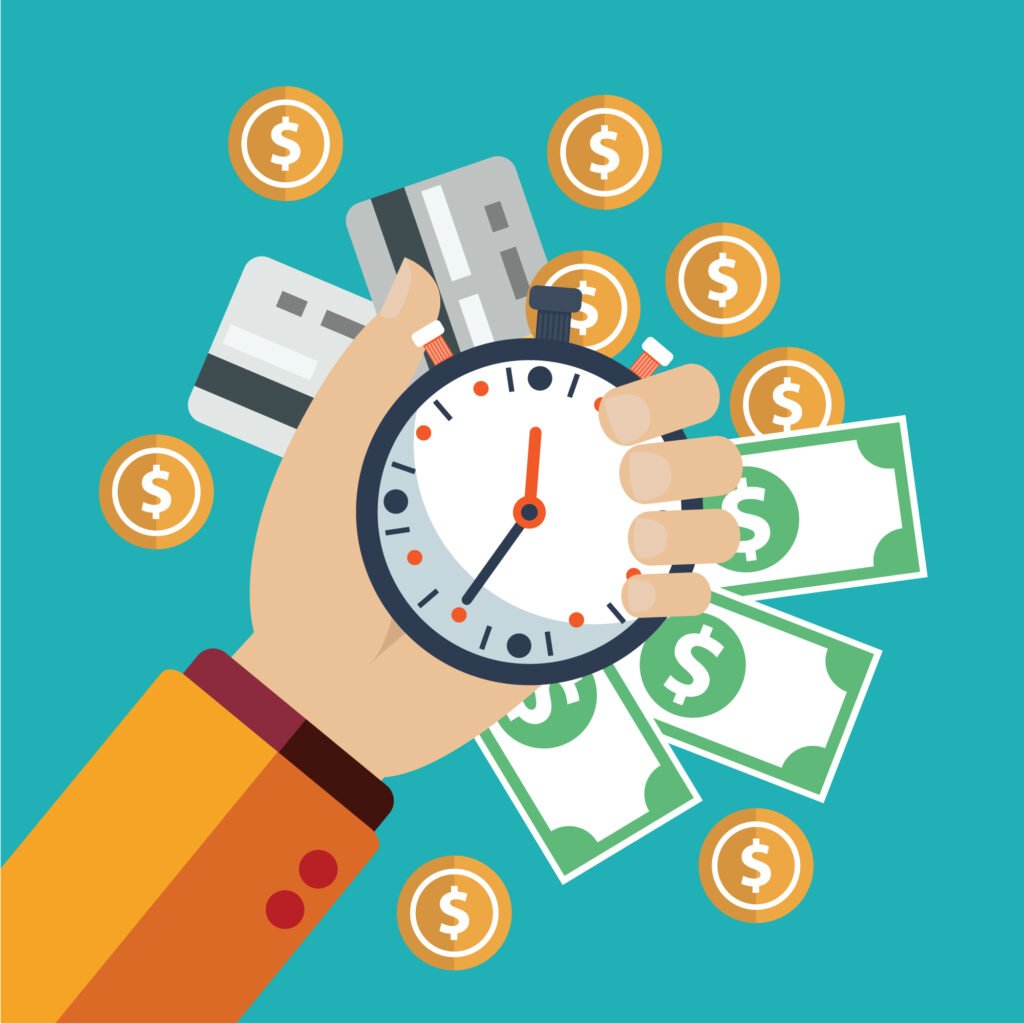Introduction
Are you looking to save money fast? Great. Having a strong saving habit might look difficult; however, by following some proven strategies, you can start seeing the fruits of your effort soon. Here are ten practical tips that will help you save money quickly, with an estimated saving for each. We will also suggest relevant images that can enrich your reading and understanding experience.
1. Create a Realistic Budget
Estimated Monthly Savings: $200 – $500

The first and most important steps towards any saving plan: the setup of a realistic budget; and understanding where one is losing money, thus identifying where a one can save money fast.
- Dos: Maintenance of record about expenditure done; monitoring expenditure done categories; change according to requirements.
- Don’ts: Do not tighten your budget; instead, keep some leeway for infrequent indulgence so that there is no sense of deprivation.
2. Cut Back on Eating Out
Estimated Monthly Savings: $100 – $400

Dining out is expensive. In most cases, it is cheaper and even healthier if you cook your meals at home. You will have control over whatever ingredients to use, helps you to save money fast.
- Dos: Plan a week’s meal in advance to save on time. Pack lunch at work.
- Don’ts: Eliminate social dining altogether if you like it; save it for special occasions.
3. Cancel Unused Subscriptions
Estimated Monthly Savings: $30 – $100

From streaming services to a gym membership, subscriptions just add up. Review your recurring expenses and find any subscriptions you are not fully taking advantage of and save money fast from them.
- Do’s: Use free trials wisely; consider consolidating services.
- Don’ts: Do not forget automatic renewals; remind yourself to check your subscriptions periodically.
4. Use Cashback and Reward Programs
Estimated Monthly Savings: $10 – $50

Cashback rewards on purchases are available on most credit cards and apps. Use these programs to save money fast on purchases you would be making anyway.
- Do’s: Use rewards on necessary purchases, such as groceries and gas.
- Don’ts: Don’t overspend on rewards; plan purchases.
5. Buy in Bulk for Essentials
Estimated Monthly Savings: $20 – $100

Generally, buying bulk non-perishable items helps save money fast. Toilet paper, canned foods, and cleaning supplies are good to buy in bulk.
- Do’s: Ensure that they will not expire before using them, and they should be stored properly.
- Don’ts: Do not buy bulk stocks of perishables when you realize that you will not consume them within a short time.
6. Set Up an Automatic Savings Plan
Estimated Monthly Savings: Varies (Recommended: at least 10% of income)

Put your savings on autopilot with an automatic transfer from your checking account into a savings account. Automation is how you can save money quickly without much thinking.
- Do’s: Start at a reasonable number and increase gradually as you get comfortable.
- Don’ts: Never think that saving is small money as it adds up.
7. Sell Unwanted Items
Estimated Savings: $50 – $300 (one-time or occasional)

Declutter and resell items that one does not need anymore to save and make money rapidly. Use such a site as eBay, Craigslist, or Facebook Marketplace to convert clutter into cash easily.
- Do’s: Be honest regarding the condition, and set the prices reasonably.
- Don’ts: Don’t keep things thinking that you may use them “someday” when not crucial.
8. Avoid Impulse Purchases
Estimated Monthly Savings: $50 – $200

Impulse buying is often due to boredom or clever marketing. Delay any unnecessary purchase by 24 hours to see if you really need it or not.
- Do’s: Implement a waiting period before you buy anything that was unplanned, and follow the list of shopping to avoid impulse buying.
- Don’ts: Do not shop when bored or emotionally stressed since you make really bad decisions.
9. Use Coupons and Price Comparison Apps
Estimated Monthly Savings: $20 – $80

Now that there are so many apps and online tools, it’s easy to save money on things you buy. Use Honey, Rakuten, or local grocery store apps for discount and price comparisons.
- Do’s: Stack coupons when you can, and find promo codes before you checkout.
- Don’ts: Do not buy something, even if you have the coupon; only buy what is necessary.
10. Reduce Utility Costs
Estimated Monthly Savings: $20 – $100

Switch off lights, decrease your thermostat, and cut down your utility bills by not plugging unnecessary devices to reduce power consumption.
- Do’s: Using energy-saving bulbs and devices and consuming less water than necessary.
- Don’ts: Never let them lie there plugged in as they continue to consume power.
Conclusion
Just think—you can already begin seeing that savings can pile up really fast with only a few of these ideas. Remember that consistency leads the way for money savings speed. Look back and count all you have gained monthly by way of these little savings ideas. Little by little is how progress adds momentum over time.
This is all going to collectively save you $500-$1,500 per month, depending on your income and expenses. So start small, and over time, these efforts will translate into paying off.
FAQs
How can I save money fast on a tight budget?
Answer: Saving money on a tight budget is challenging but possible. Start by cutting out unnecessary expenses, even small ones, like coffee or snacks. Use a budget app to track spending, avoid impulse buys, and find free or affordable alternatives for entertainment. Every little bit counts and can add up quickly over time.
Is it really worth cutting back on dining out to save money fast ?
Answer: Yes, dining out can be one of the biggest budget drainers, so cutting back can lead to significant savings. Instead, cook meals at home, which costs a fraction of what you’d pay at a restaurant. Reserve dining out for special occasions, and you’ll notice the savings quickly.
What apps can help me save money fast ?
Answer: Apps like Mint, YNAB (You Need a Budget), and PocketGuard help track expenses and manage budgets. Apps like Honey, Rakuten, and various cashback apps help save on purchases. Some banks also have auto-save features that round up transactions and save the difference.


This blog is an excellent tool for professionals in these fields.
I feel like I’ve unearthed a treasure trove of information through your website. Thank you for sharing it.